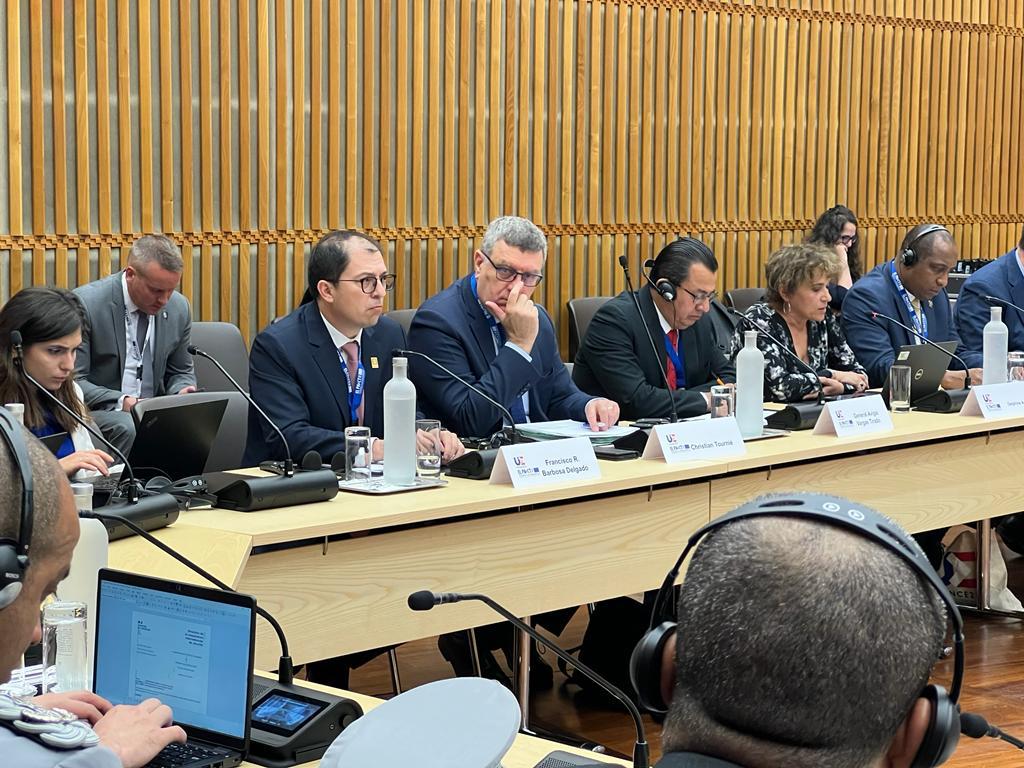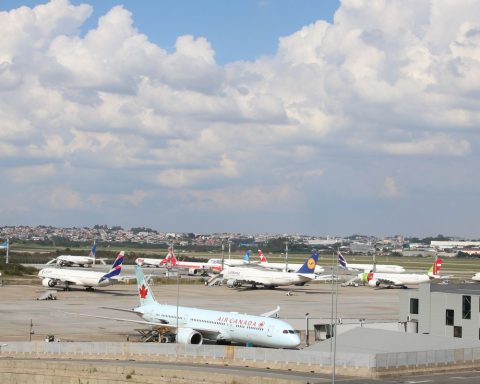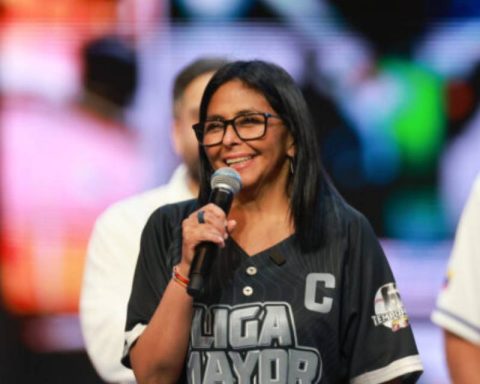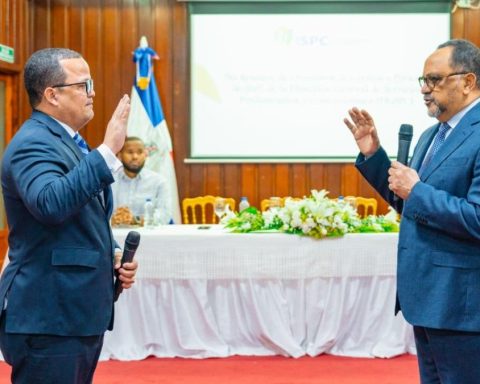The president of Chile, Gabriel Boric, “represents a new leftist leadership in the region” and wants to promote a common agenda “beyond the ideological differences between the rulers,” the country’s foreign minister, Antonia Urrejola, said in an interview with Efe. .
The former student leader – who took office in March amid great expectations, although in recent weeks he has been losing public approval due to the economic situation and violence – travels this week to Los Angeles to participate in the Summit of the Americas, his first major forum international.
Feminism, environmentalism and human rights are the cornerstones of a foreign policy that the 36-year-old president will try to convey at a summit marked by controversy, with several countries threatening not to attend due to the exclusion of Venezuela, Nicaragua and Cuba.
Question: With what message does President Boric come to the summit?
Answer: First of all, the leadership it exercises, a new leadership in the region, young, from the left, but from the democratic left. In addition, it has put a very important stamp on human rights issues, on the feminist agenda and also on the climate crisis.
Beyond the ideological differences that the different rulers of the region may have, it is essential to have a common agenda for those problems that we have to face together.
Q: How does Chile see this evident regional fracture and the boycott led by the Mexican president, Andrés Manuel López Obrador?
A: From Chile we have also raised our interest that it be a summit without exclusions. If we are talking about the need for dialogue, beyond the different ideologies, it seemed fundamental to us to be able to have a broad and inclusive dialogue, but we did not condition our participation on this happening. I regret that the agenda of the summit has been taken over by this issue, why countries go and which countries do not go.
“LEADERSHIPS CLOSE TO THE PEOPLE”
Q: The president defends that Latin America has to recover its voice and go to forums together. Is this possible until the Venezuelan crisis is resolved?
A: A fundamental axis of its foreign policy is that Latin America has a single voice and it is an effort that we are beginning to work on. The Venezuelan crisis is obviously part of the summit’s agenda and we are convinced that it cannot be resolved without Venezuela.
Q: The Joe Biden government says that it continues to recognize Juan Guadí as president of Venezuela, but that it does not invite him to the summit because not all countries recognize him. For Chile, who is the president of Venezuela?
A: Chile recognized Juan Guaidó when he was president of the Assembly, he is no longer. We understand that the president of Venezuela is Nicolás Maduro, beyond the various condemnations of international human rights bodies and the high commissioner, which the president himself has said that he shares.
Q: Before traveling to Los Angeles, the president will stop in Ottawa to meet with his counterpart Justin Trudeau. If both leaders could see each other at the summit, why has it been decided to make this trip?
A: It is a kind of meeting between younger and progressive leaders. It is a signal that both want to give to the region that they have a common agenda, with more progressive leaderships that are closer to the people. The idea is that they can have a longer conversation, beyond the bilateral ones at the summit.
“WE ARE NOT GOING TO CHANGE TRADE AGREEMENTS”
Q: One of the first achievements of this government in foreign policy is the approval in record time in Parliament of the Escazú Agreement, the first major environmental pact in the region and the first in the world that contains provisions on the protection of activists. There are still many countries that resist, what would you say to those who continue to think that Escazú discourages investment?
A: The same thing we told the parliamentarians during the process. It seems to me that what Escazú is doing is quite the opposite. Chile has, according to the National Institute of Human Rights (INDH), 128 socio-environmental conflicts that at the end of the day stop investment, projects are stopped, are prosecuted and take years. Yes, it is a challenge, but a greater environmental democracy gives greater certainty to the investment.
The Escazú agreement also takes care of a key issue in our region: Latin America is the region most affected by the climate crisis and where there are more murders of environmental defenders.
Q: The Undersecretary for International Relations, José Miguel Ahumada, announced a citizen consultation to redefine and “legitimize” the country’s foreign trade policy, which generated a lot of controversy and was even denied by other members of the Government. Is the initiative?
A: What the undersecretary is doing is a citizen consultation following guidelines established by the OECD and the EU. New Zealand, Canada, Australia are countries that have also made these efforts. We are going to make a query limited by the web page. It is not about legitimizing the foreign trade policy, it is about listening to who its participants are, from the big producers to the local communities. It will not be a binding consultation.
Q: So, already signed agreements are not going to be modified?
A: No, the consultation has never tried to evaluate any free trade agreement. Its purpose is to understand the global and internal challenges to build priorities in future trade policy.
Q: A delegation of MEPs visited Chile last week to see how the modernization of the association agreement between the country and the bloc is advancing. Is it going to be signed before the end of the year, as requested by the High Representative of the Union for Foreign Affairs? Foreign Affairs and Security Policy, Josep Borrell?
A: That is the goal. We have a roadmap and we are working on the technical aspects. There are some technical differences and hopefully the times give and we can sign at the end of the year.


















